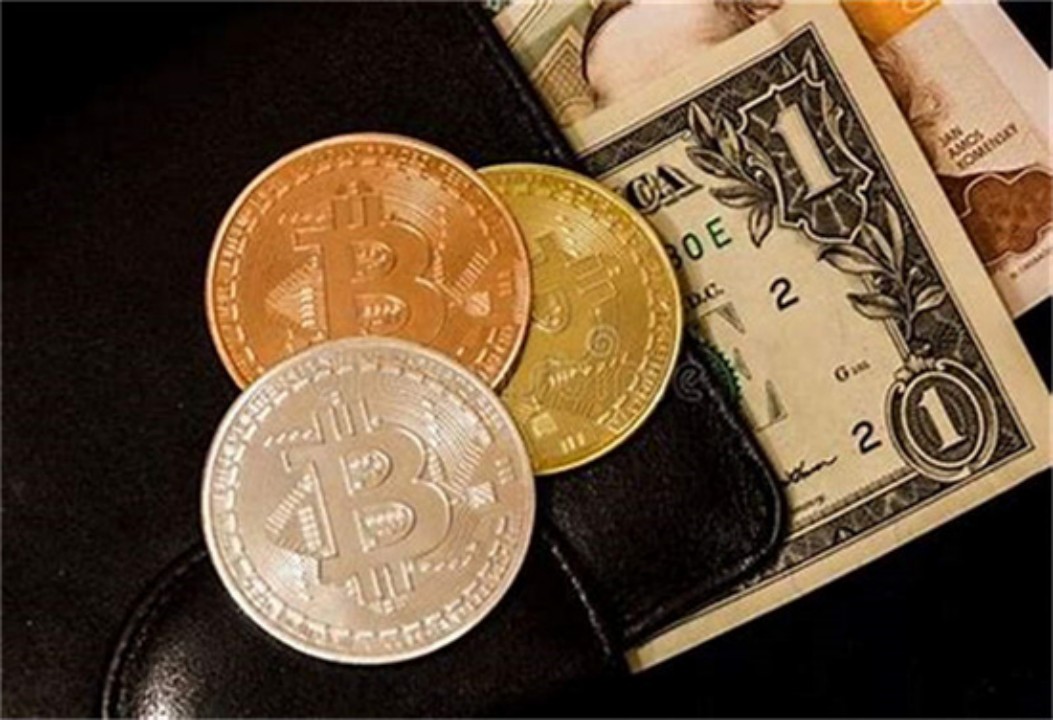The world of cryptocurrency is a whirlwind of innovation, speculation, and excitement. Bitcoin, the trailblazer of this digital currency revolution, has not only captured the attention of tech enthusiasts but also the traditional financial world. One of the most significant developments in the financial integration of cryptocurrencies is the introduction of Bitcoin futures. These financial instruments have opened up a new frontier for investors, allowing them to bet on the future price of Bitcoin without actually owning the cryptocurrency. But what does this mean for the future of cryptocurrencies? Let’s dive into the expert insights and explore the implications of Bitcoin Futures on the crypto landscape.
The Evolution of Bitcoin Futures
Before we can understand the impact of Bitcoin futures, it’s essential to trace their evolution. Bitcoin futures are contracts that obligate the buyer to purchase, and the seller to sell, Bitcoin at a predetermined price at a future date. They were first introduced by the Chicago Board Options Exchange (CBOE) and the Chicago Mercantile Exchange (CME) in December 2017. This marked a pivotal moment, as it was the first time that a mainstream financial institution had embraced the volatile world of cryptocurrencies.
The introduction of Bitcoin futures was met with a mix of skepticism and enthusiasm. Skeptics argued that it would lead to further market manipulation and increased volatility, while enthusiasts saw it as a validation of Bitcoin’s legitimacy as an asset class. Regardless of the initial reactions, the launch of Bitcoin futures has undoubtedly paved the way for greater institutional involvement in the cryptocurrency market.
The Role of Institutional Investors
Institutional investors, such as hedge funds, pension funds, and insurance companies, have historically been on the sidelines when it comes to cryptocurrencies. However, the advent of Bitcoin futures has changed the game. These financial instruments provide a level of security and familiarity that traditional investors crave. By allowing them to participate in the cryptocurrency market without directly holding the digital assets, Bitcoin futures have made the market more accessible to a broader range of investors.
Moreover, the involvement of institutional investors can bring a level of stability to the market. Their large-scale investments can help to offset the volatility that is often associated with cryptocurrencies. This, in turn, can lead to increased confidence among retail investors, who may be more likely to enter the market knowing that there are established financial players at the table.
The Impact on Market Volatility
One of the primary concerns surrounding the introduction of Bitcoin futures is the potential impact on market volatility. While some argue that the influx of institutional investors could stabilize the market, others believe that the introduction of futures could exacerbate price fluctuations. The ability to trade on margin, for example, could lead to larger price swings as investors take on more risk.
However, it’s important to note that market volatility is not solely a function of the presence of Bitcoin futures. It is influenced by a multitude of factors, including regulatory developments, technological advancements, and macroeconomic trends. As such, it’s difficult to isolate the impact of Bitcoin futures on market volatility. Nonetheless, the introduction of these financial instruments has certainly added a new layer of complexity to the market dynamics.
The Regulatory Landscape
The regulatory environment surrounding cryptocurrencies is constantly evolving. As Bitcoin futures have gained traction, regulators have been forced to take a closer look at the cryptocurrency market. This has led to increased scrutiny and, in some cases, the implementation of new regulations aimed at protecting investors and maintaining market integrity.
While some view this increased regulation as a positive step towards legitimizing cryptocurrencies, others argue that it could stifle innovation and limit the potential growth of the market. The balance between fostering innovation and ensuring regulatory compliance is a delicate one, and it remains to be seen how this will play out in the long term.
The Future of Cryptocurrency
As we look to the future, the role of Bitcoin futures and other financial instruments in the cryptocurrency market is likely to continue to grow. The increasing acceptance of cryptocurrencies as a legitimate asset class, coupled with the development of new financial products, suggests that we are on the cusp of a new era in finance.
However, this journey is not without its challenges. The cryptocurrency market is still relatively young and faces a number of hurdles, including scalability issues, security concerns, and the need for greater adoption by both consumers and businesses. Overcoming these challenges will be crucial if the market is to realize its full potential.
Conclusion
In conclusion, the introduction of Bitcoin futures has been a significant milestone in the evolution of the cryptocurrency market. While it has brought about new opportunities for investors and increased institutional involvement, it has also raised important questions about market volatility, regulation, and the future trajectory of cryptocurrencies. As we navigate this exciting and unpredictable landscape, one thing is certain: the world of finance will never be the same again.
The personal journey of delving into the world of Bitcoin futures has been both exhilarating and humbling. It has opened my eyes to the immense potential of cryptocurrencies and the transformative power they hold. As an enthusiast, I am eager to see how this space continues to evolve and shape the future of finance. Let’s embrace the change and be a part of this financial revolution.

















